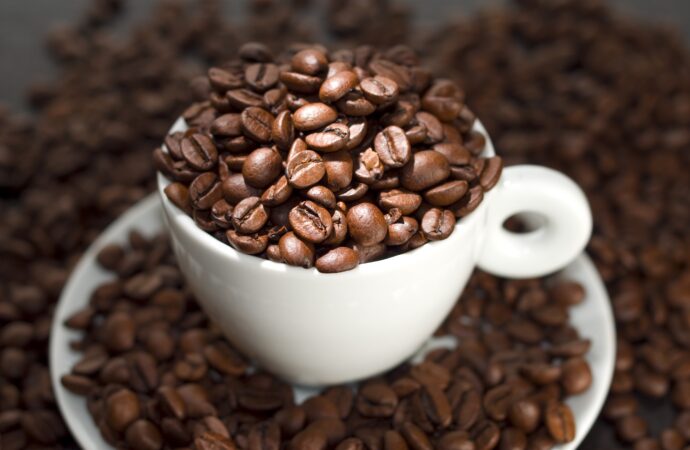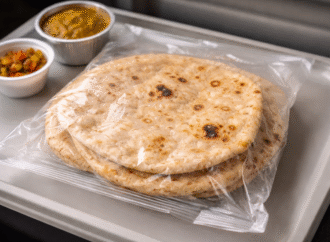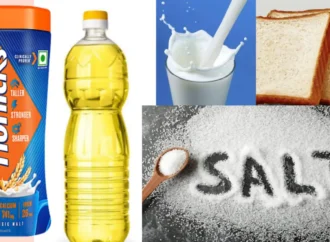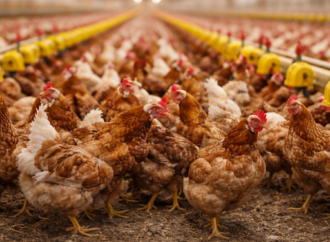Report
Who can forget the shocking news of Kristina Lachmann’s death in Melbourne after an overdose of caffeine tablets? The incident, which occurred four years ago, sparked global conversations about how much intake is truly safe. Caffeine is everywhere—in coffee, energy drinks, soft drinks, chocolates, and even dietary supplements. According to the U.S. Food and Drug Administration (FDA), a healthy adult can safely consume this stimulant up to 400 mg per day—roughly four to five cups of coffee, 10 cans of cola, or two energy drinks. However, this is not a one-size-fits-all guideline. Individual tolerance depends on factors like weight, health conditions, medications, and overall sensitivity. While 400 mg is generally safe, going beyond that can trigger heart palpitations, anxiety, insomnia, and, in extreme cases, life-threatening complications, the FDA warns.
India’s Regulations: FSSAI Steps In
To curb excessive caffeine intake, the Food Safety and Standards Authority of India (FSSAI) has laid down strict rules for caffeinated beverages, including energy drinks:
- Caffeine limit: No product can exceed 300 mg per litre.
- Labelling: Drinks with over 145 mg/litre must display “Caffeinated Beverage” and carry the advisory: “Consume not more than 500 ml per day.”
- Mandatory warnings: “Not recommended for children, pregnant or lactating women, and individuals sensitive to caffeine.”
These measures aim to protect consumers from hidden caffeine sources, especially as energy drinks and supplements gain popularity among youth and fitness enthusiasts.
Bottom Line
The tragic Melbourne case is a reminder that even a common stimulant like caffeine can turn deadly when misused. As products pack higher caffeine doses, health experts urge consumers to read labels carefully, stick to safe limits, and stay informed.
Source: Mathrubhumi
 Food Manifest
Food Manifest 


















